Energy drinks are popular across all age groups- kids, teenagers, and adults alike all seem to be reaching for the Monster, Redbull, or 5-Hour Energy to give them the boost they’re looking for.
But how safe are these drinks really? More and more evidence is beginning to emerge suggesting that energy drinks may be doing more harm than good, and are being associated with heart problems, heart attacks, and even tooth decay.
Energy drinks like Monster, Red Bull, and even those tiny 5-Hour Energy shots can be considered some of the unhealthiest drinks on the planet.
The Reynolds’ Story
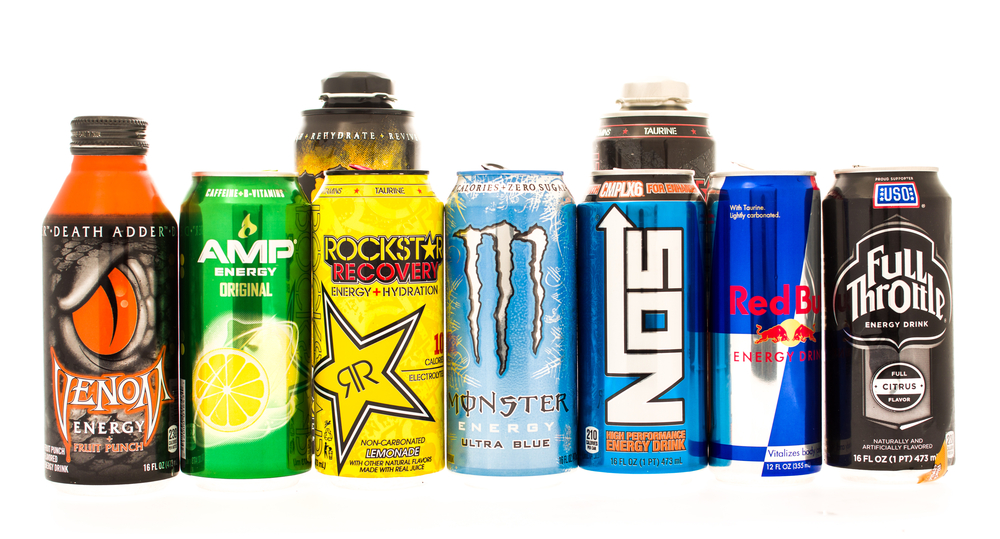
Cassondra Reynolds’ husband was a healthy man. He worked out every day, and his recent physical exam had come back clear. He worked as a mechanic, which often involved night shifts, and most days he would grab an energy drink before starting his shift. One morning, Cassondra found her 41-year-old husband gasping for breath and immediately called emergency services. John was having a heart attack.
After running some tests, doctors found that John’s sugar levels were incredibly high, which prompted them to ask if he consumed energy drinks.
Read More: Risk Factors & Early Warning Signs of Chronic Kidney Disease
Cassondra told them about his daily habit, which she didn’t think was a big deal- after all, it was only one per day
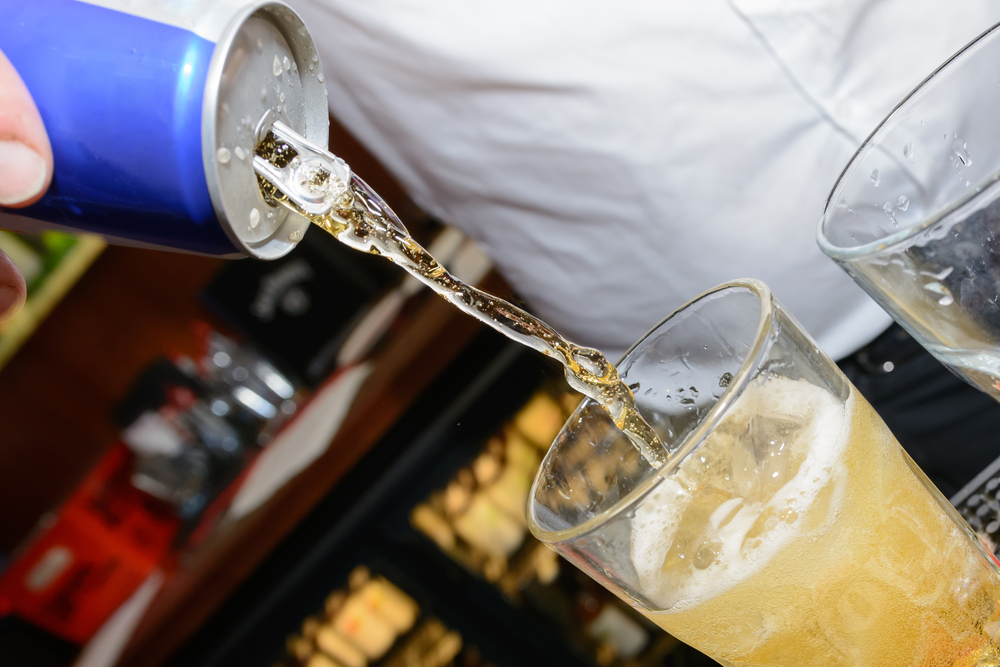
“[The Doctor] immediately explained that it only takes one energy drink to throw off the rhythm of your heart causing a heart arrhythmia,” she said [1].
The doctor described drinking energy drinks as “playing Russian Roulette with your life”. Her husband was put in a medically induced coma, and fourteen days later he passed away. Nine years later, the now single mom of three has created the Awareness Project, with the goal of letting people know about the dangers of energy drinks and pre-workout supplements.
“I want people to know how dangerous these drinks are and I need people to speak out about losing their loved ones because it happens all the time, you just don’t hear about it,” she explained [1].
Are Energy Drinks Safe to Drink?
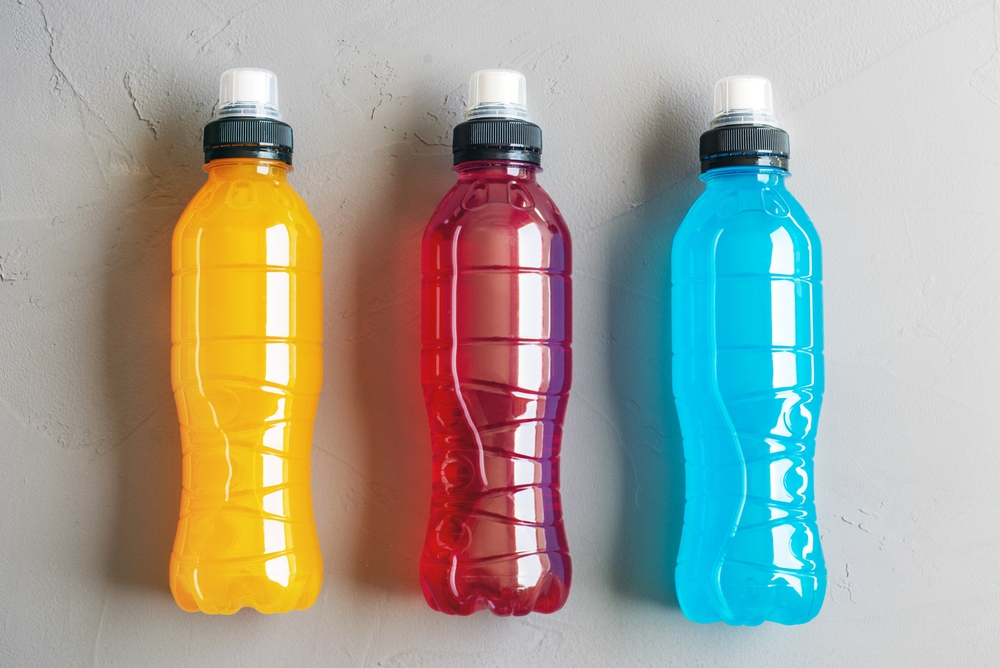
There is research that suggests that energy drinks improve measures of brain function like memory, concentration, and reaction time while reducing mental fatigue [2]. Most researchers believe this is mainly because of caffeine, although some think it could be attributed to the combination of caffeine and sugar [3].
Rachel Hicks, a spokeswoman for the American Beverage Association, has issued a statement from the group advocating for the safety of energy drinks, arguing that many of the ingredients included in these drinks, including B vitamins and taurine, are found naturally in many foods.
The statement read:
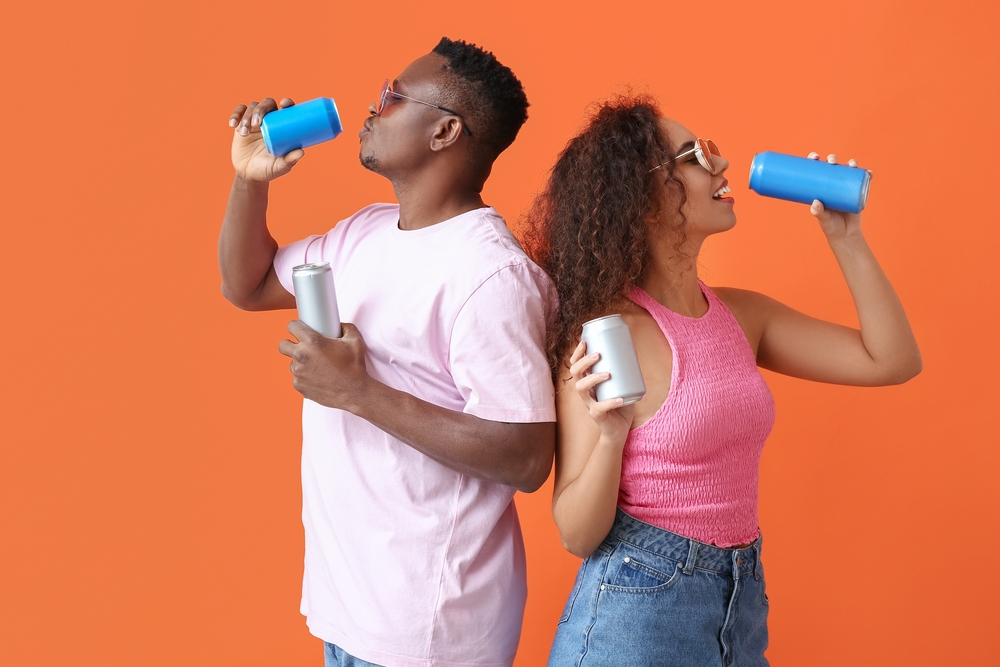
“The fact remains that energy drinks have been extensively studied and confirmed safe for consumption by government safety authorities worldwide including a recent review by the European Food Safety Authority. America’s leading energy drink manufacturers voluntarily go beyond all federal requirements when it comes to responsible labeling and marketing practices, including displaying total caffeine content — from all sources — on their packages,” the statement said. “As recently as 2015, EFSA again concluded that it is unlikely that energy drink ingredients such as taurine interact adversely with, or enhance the effects of, caffeine.” [4]
There is more evidence that energy drinks may be dangerous to your health
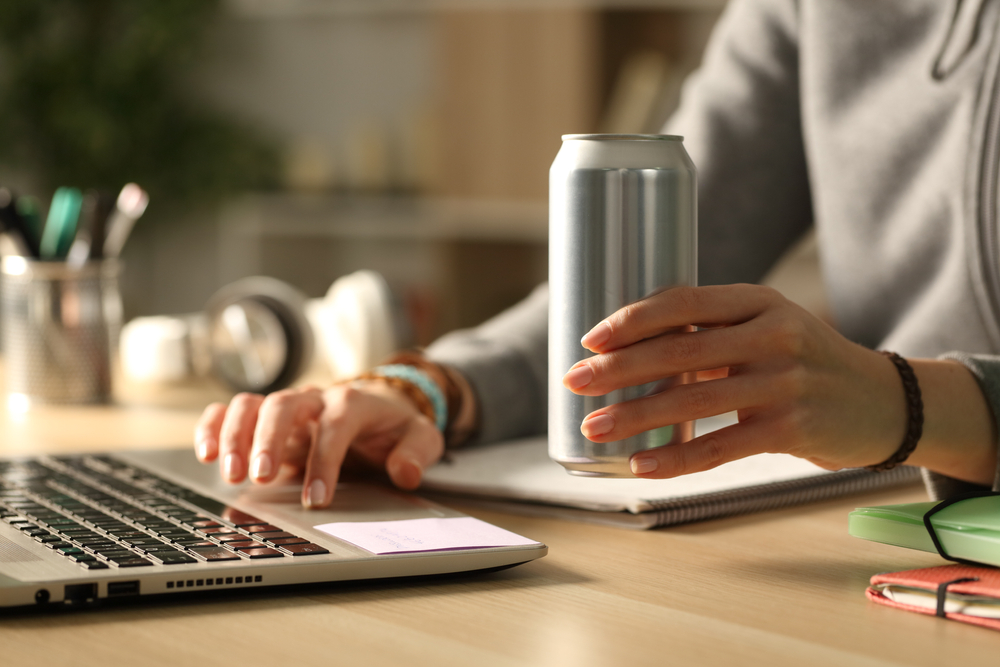
According to the National Center for Complementary and Integrative Health, between 2007 and 2010 the number of energy drink-related visits to the emergency room doubled. Over forty percent of those visits involved mixing energy drinks with alcohol or drugs, most often marijuana [5].
Large amounts of caffeine may also cause serious heart and blood vessel problems, such as disturbing your heart rhythm and increasing heart rate and blood pressure [5]. Most energy drinks contain caffeine, sugars, vitamins, amino acids, and other stimulants such as guarana, taurine, L-tyrosine, and L-carnitine.
“Overall, the concern is that these vitamins, amino acids, and herbals are often in higher concentrations than naturally in food or plants, and the effects when combined especially with caffeine may be enhanced,” said Katherine Zeratsky, a clinical dietitian at the Mayo Clinic in Rochester, Minnesota [4].
Dr. John Higgins, a sports cardiologist with McGovern Medical School at the University of Texas Health Science Center in Houston, describes them as a little black box. “We really don’t know a lot about them,” he said [4].
Read More: Before Dementia Sets in, Your Body Will Give You These 12 Early Warning Signs
Warning Issued
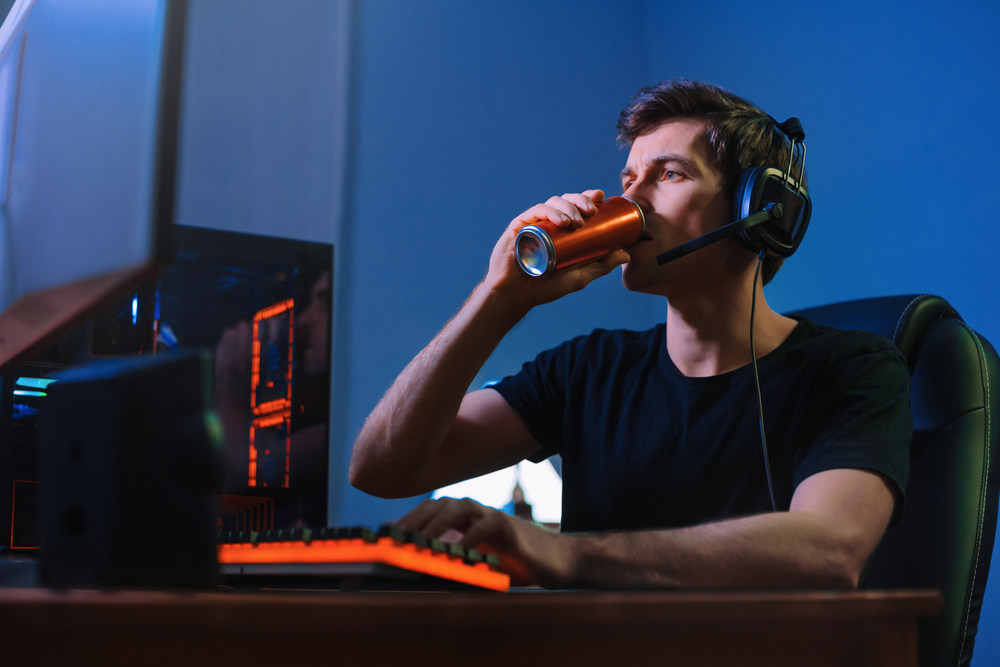
The World Health Organization has put out a warning stating that they may pose a danger to public health and that more regulations need to be put in place to minimize the harm from energy drinks [6].
The American Academy of Pediatrics has also stated that children should not consume energy drinks, and rarely need sports drinks. Marcie Beth Schneider, MD, FAAP, a member of the AAP Committee on Nutrition and co-author of the report, says that there is often confusion surrounding sports and energy drinks, and adolescents are not always aware of the differences between the two.
“Some kids are drinking energy drinks – containing large amounts of caffeine – when their goal is simply to rehydrate after exercise. This means they are ingesting large amounts of caffeine and other stimulants, which can be dangerous,” she explained [7].
How Energy Drinks Affect Your Heart

If you’ve ever had an energy drink, you probably noticed that your heart felt like it was beating faster. This increase in heart rate could pose some health risks, including an increase in stress levels and blood pressure. Energy drinks have even been shown to make your blood a little bit thicker [4,8].
Some experts believe that the effects on the heart could be caused by the interaction between caffeine and taurine.
“There’s been several cases described of people that have gone into cardiac arrest after consuming more than one energy beverage, and when they’ve done sort of further analysis on these individuals, they haven’t been able to find anything abnormal other than the very high levels of caffeine and taurine in the toxicology,” Higgins said [4].
The interaction between caffeine and other ingredients like taurine may prevent your arteries from dilating properly, restricting the amount of blood that is flowing to your heart [9]. For this reason, consumption of energy drinks is associated with a greater effect on the heart’s function than other drinks with similar caffeine levels [10]. It is important to note, however, that these findings are only preliminary, and more research needs to be done to confirm the correlation.
Read More: Terminally Ill Man is Warning Others to Not Make The Same Mistake He Made
Energy Drinks and Your Brain
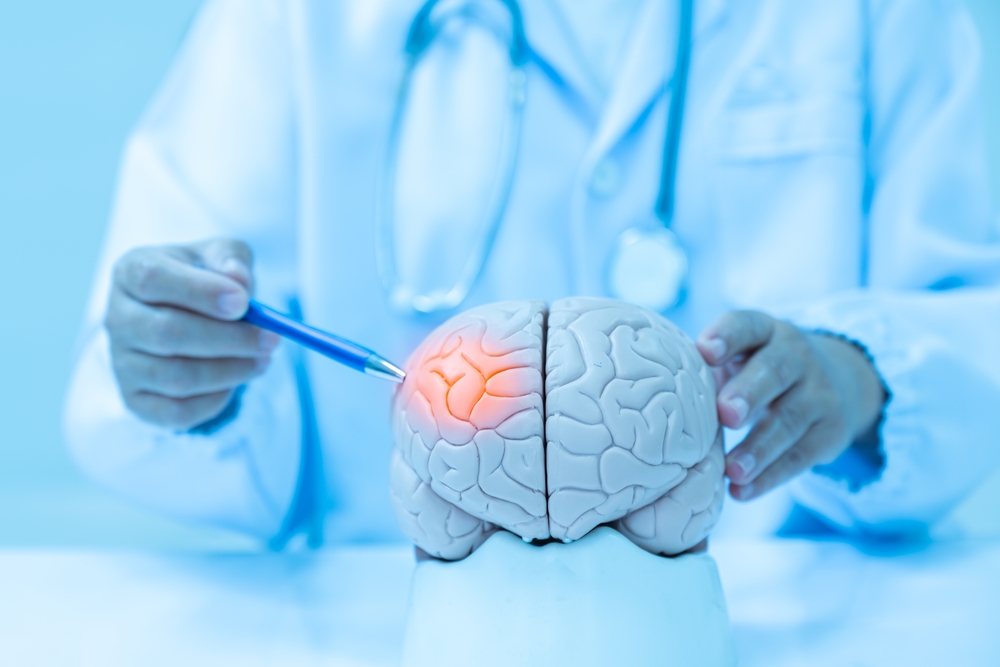
According to a paper published in the International Journal of Health Sciences, two hundred milligrams or more of caffeine can be linked to caffeine intoxication. This could lead to anxiety, insomnia, gastrointestinal irritation, muscle twitching, restlessness and periods of inexhaustibility [11].
This has even prompted the U.S. military to discourage troops from consuming too many energy drinks, since they can affect their sleep and subsequently their performance on duty [12].
What is the Recommended Daily Limit for Caffeine?
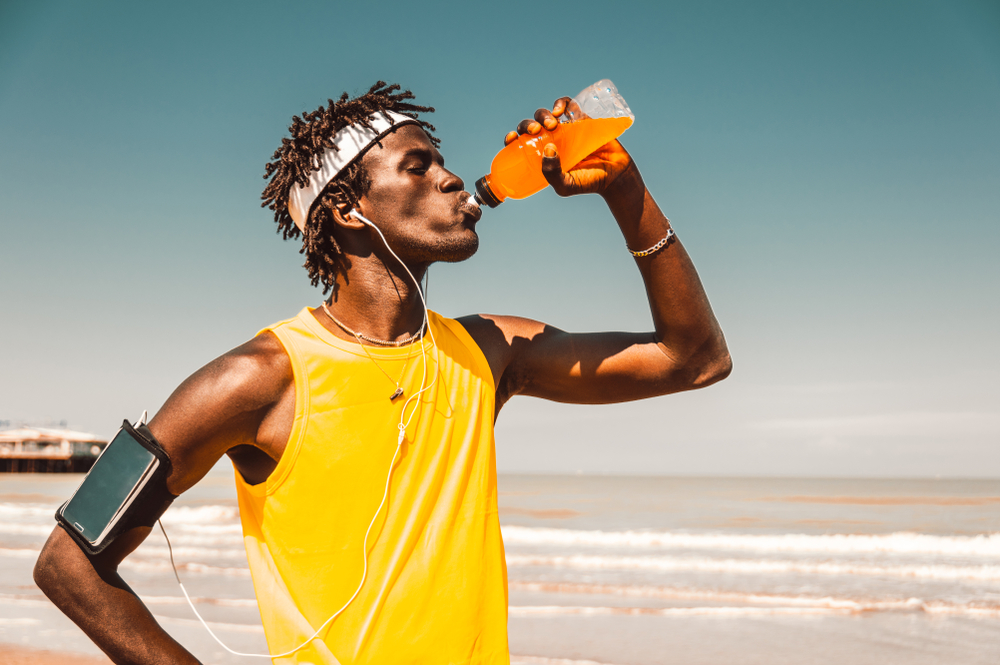
The Food and Drug Administration (FDA) recommends that healthy adults consume no more than 400mg of caffeine per day, which is the equivalent of about four or five cups of coffee [13].
It is important to note, however, that caffeine tolerance can vary widely from person to person, so you should pay attention to the way your body responds to caffeine and adjust accordingly. It is not recommended to exceed the maximum suggested by the FDA, and the best practice is to consume the lowest amount of caffeine possible while still feeling satisfied.
Of course, there is nothing wrong with abstaining from caffeine altogether, particularly if you are highly sensitive to it.
For reference, here are the average amounts of caffeine typically found in various drinks:
- 12 oz. soft drink: 30 to 40 mg
- 8 oz. green or black tea: 30 to 50 mg
- 8 oz. coffee: 80 to 100 mg
- 8 oz. energy drink: 40 to 250 mg [13]
DIY Alternative to Energy Drinks
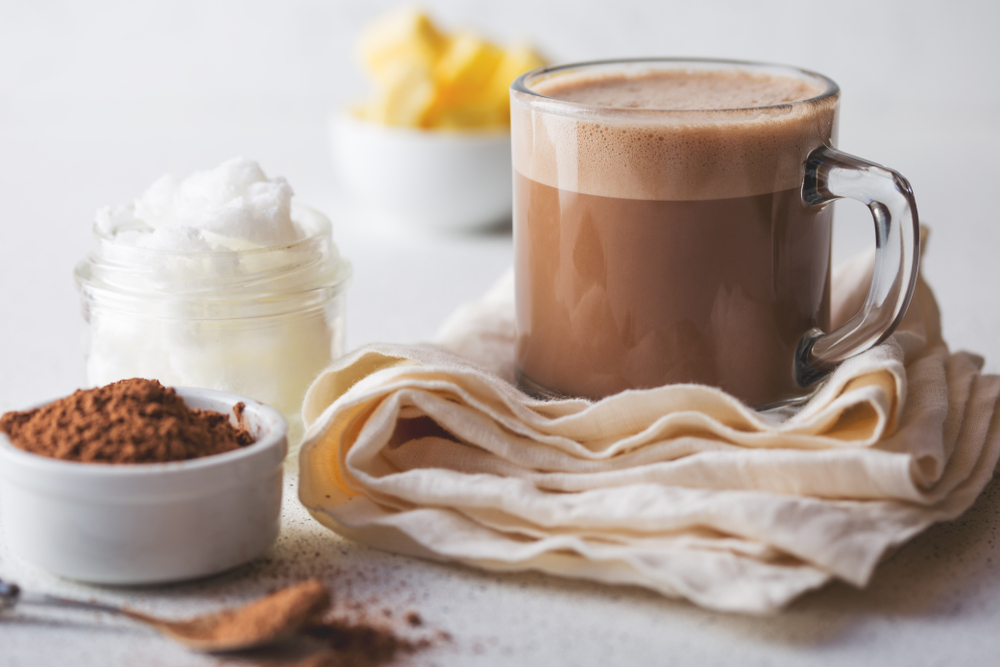
If you’re looking for a burst of energy that won’t be so hard on your heart, try making your own at home, like this coconut matcha energy drink. Matcha green tea still has a fairly high caffeine content (this recipe contains about 136 mg of caffeine per serving), but does not contain the high amounts of sugars and other ingredients found in typical energy drinks.
Matcha green tea also offers additional health benefits not found in energy drinks. It contains the amino acid L-theanine, which can promote a state of relaxed well-being. When combined with caffeine, it can promote alertness and attention [14].
Green tea also contains high levels of antioxidants, specifically epigallocatechin gallate (EGCg), which have been shown to help prevent tumor growth and cancer [14]. Unlike energy drinks, green tea helps to lower the risk of heart disease, and may even help prevent type 2 Diabetes [14].
The Bottom Line
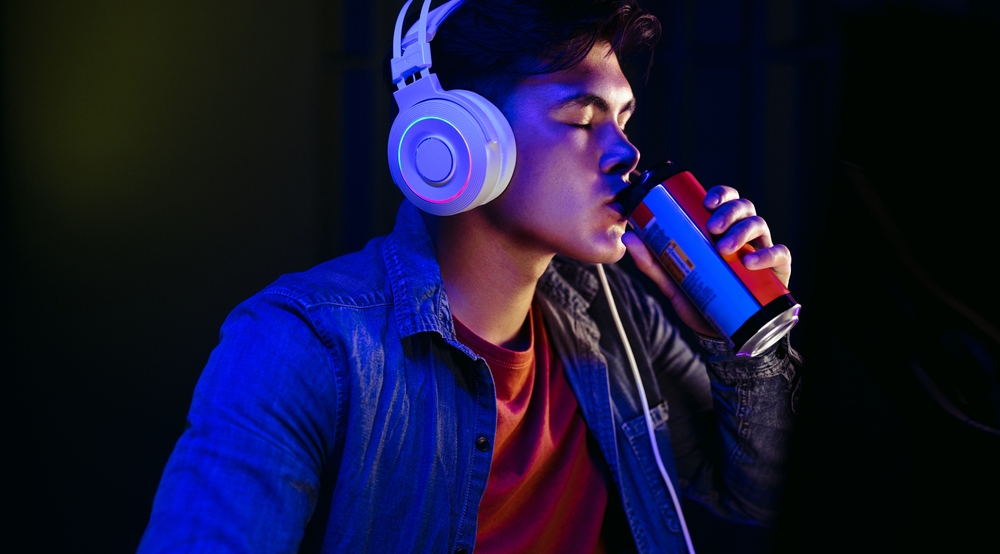
While there is still conflicting evidence with regard to the safety of energy drinks, it is clear that limiting your intake of these beverages is the best choice for your health. If you absolutely need caffeine, try getting it from a more natural source, like matcha green tea.
It may be a hard adjustment, but once you wean yourself off energy drinks, you will most likely get better sleep, feel less stressed, and overall be healthier.
Read More: Vets Issue Stark Warning About Certain Breeds Of Dogs
Sources
- https://www.ladbible.com/news/news-woman-fighting-to-get-us-government-to-ban-high-caffeine-energy-drinks-20200302
- https://www.healthline.com/nutrition/energy-drinks#section2
- https://www.ncbi.nlm.nih.gov/pubmed/15549275
- https://www.cnn.com/2017/04/26/health/energy-drinks-health-concerns-explainer/index.html
- https://nccih.nih.gov/health/energy-drinks
- https://www.euro.who.int/en/health-topics/disease-prevention/nutrition/news/news/2014/10/energy-drinks-cause-concern-for-health-of-young-people
- https://www.ncbi.nlm.nih.gov/pubmed/20103032
- https://www.ncbi.nlm.nih.gov/pmc/articles/PMC5329743/
- https://www.ahajournals.org/doi/full/10.1161/jaha.116.004448
- https://www.ncbi.nlm.nih.gov/pmc/articles/PMC4682602/
- https://www.cnn.com/2016/12/30/politics/army-energy-drinks/
- https://www.fda.gov/consumers/consumer-updates/spilling-beans-how-much-caffeine-too-much
- https://www.medicalnewstoday.com/articles/305289#benefits

